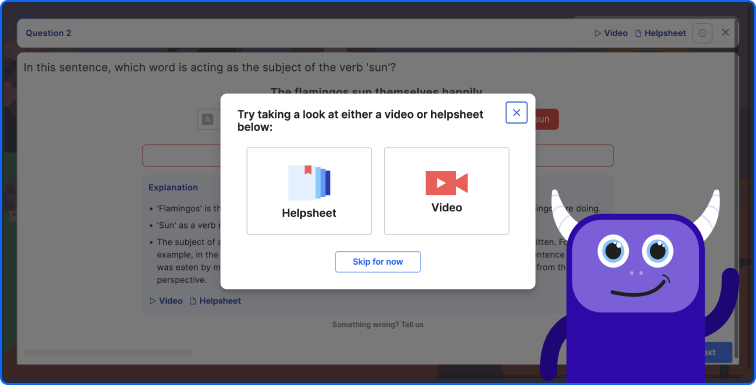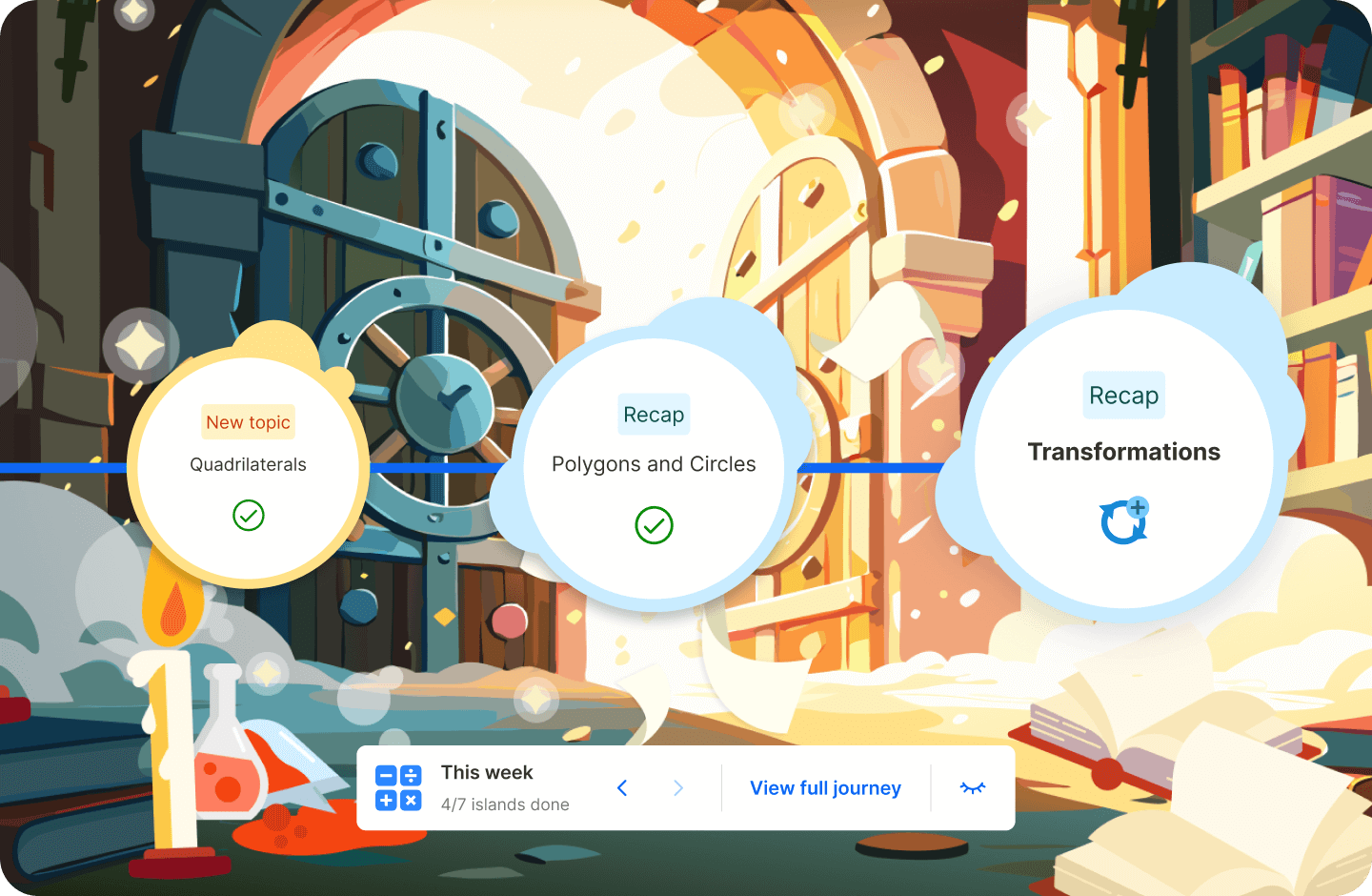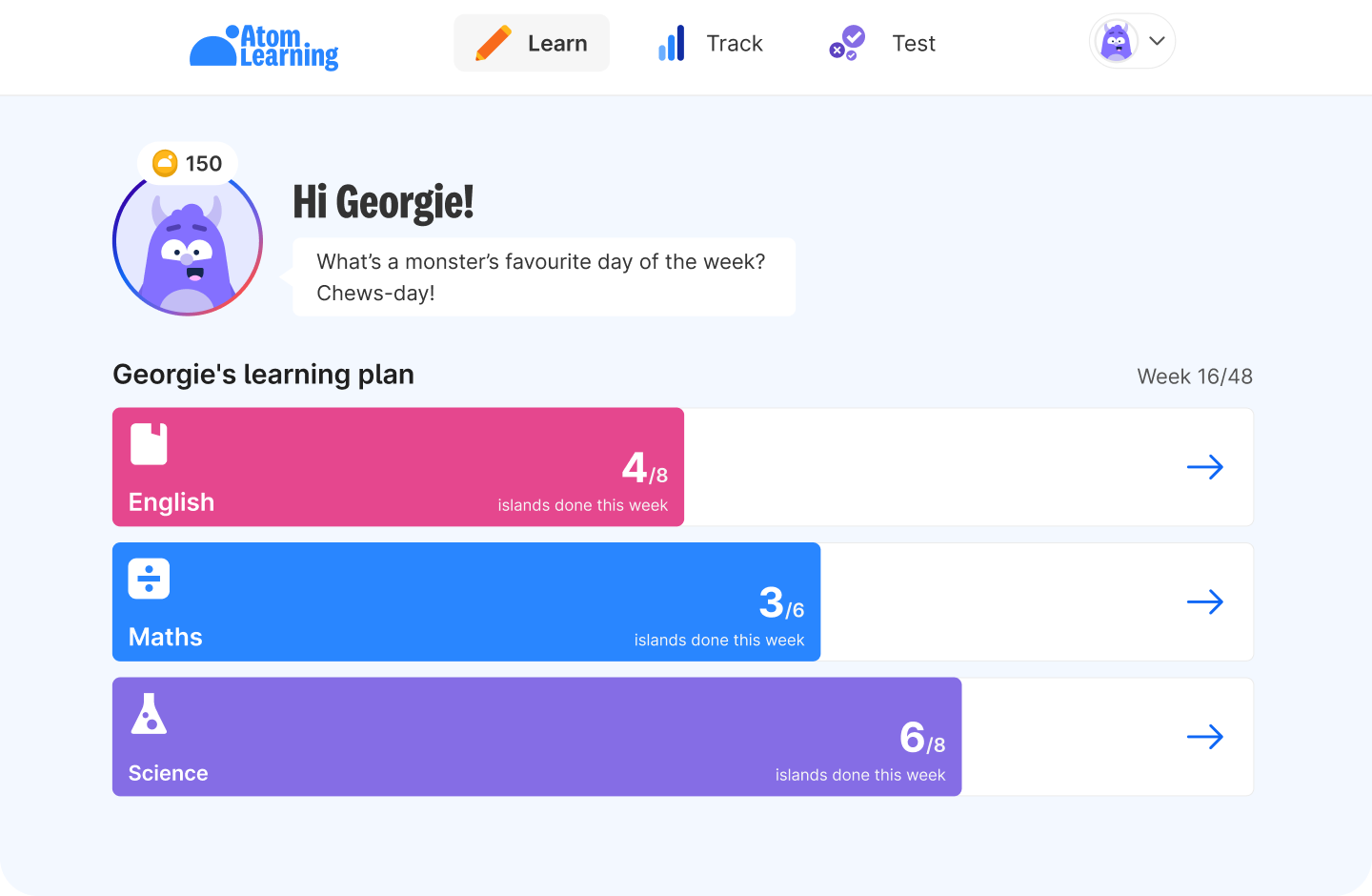Hannah Titley is the Director of The Golden Circle, an international professional home schooling group, and Founder of The Home Schooling Association. For families new to home schooling, here are Hannah’s recommendations for getting started.
If you’ve deregistered from the school roll and decided to home educate, you’ve taken an important first step towards a personalised education for your child. It’s a big commitment for parents, however, who are now responsible for organising their child’s academic, co-curricular, and social activities. We recommend discussing the checklist below before your child leaves the classroom for a smooth and reassuring transition to home schooling.
1. Decide on your approach
Home educating takes many forms – from unschooling to outdoor learning, online learning or one-to-one tutoring, there is no one-size-fits-all. Which route you take will depend on how your child learns best, how much time you have available to support them, and your home education budget. Doing your research on the different approaches to home educating and discussing these with your child will help you to decide which is the right fit for you and your family.
2. Develop a curriculum
Home school parents are expected to deliver an education that is suitable for the age and ability of their child and tailored to any special educational needs (see gov.uk for more information). Unlike in a school, there is no obligation to align your lessons with the national curriculum. However, many families do, particularly for maths and English.
Developing your own curriculum can be a daunting task but there are lots of online resources to help. These range from resource banks where you will still need to design your own lessons, to platforms which offer full programmes of study.
If your child is in Key Stage 2 (the equivalent of ages 7–11 or school Years 3–6) Atom Nucleus is a complete online learning platform that automates this for you. Your child will work their way through English, maths and science topics, aligned with the Key Stage 2 national curriculum. Atom’s adaptive algorithm keeps them on their optimal learning pathway to build knowledge and confidence at the right pace for them.
Friendly helpsheets and videos offer support if your child becomes stuck, empowering them to progress independently.

For beyond Key Stage 2, another great resource is the Hamilton Trust, a UK charity working to support inspirational teaching and learning. They have fantastic resources for Key Stage 3 English, maths and science.
3. Plan a weekly routine
Create a timetable for learning time, outdoor play, and extracurricular activities. Home schooling offers flexibility so, if your child is an early riser, you can start lessons at 7am and keep afternoons free for trips to galleries and museums. If they need regular breaks, you can plan for this! Using the Pomodoro Technique and a timer can help your child to focus for 25 minutes at a time.
The Pomodoro Technique
- Decide on a task to be done
- Set a timer (typically for 25 minutes)
- Work on the task until the timer rings
- Take a short break of 5–10 minutes
Each of these blocks of work time is called a pomodoro. After doing four pomodoros, take a longer break of 20–30 minutes.
If your child completes the task before the timer rings, they should review the work they have just completed, consider what learning outcomes were accomplished, and review upcoming tasks for the next pomodoro time block.
Taking regular breaks and reviewing outcomes in this way helps to aid focus and assimilate learning. It’s a great productivity habit that will come in handy for the rest of their academic and work career.
4. Attend live lessons
Taking part in online classes with other children can be a great learning experience for your child. Included in an Atom Nucleus subscription, children get access to a Lesson Library of 500+ lessons to watch live or on demand. They’re taught by experienced teachers with subject expertise, and include interactive polls, quizzes and challenges to ensure children have a fun virtual class experience.
5. Track progress
Many home educating families track progress by creating portfolios of work. This can be a lovely way to celebrate your child’s achievements together as well as visually tracking their academic progression. If you would like to assess their learning more formally, online learning platforms can provide a breakdown of your child’s skillset strengths and areas for development. Atom Nucleus’s parent dashboard gives detailed insights into your child’s progress, highlighting where they need to focus next, and shows you how they are performing against national standards.
6. Socialise
A common concern for new home school parents is socialisation – how will my child meet other children? The best way to meet local home educators is through home education Facebook groups. You can search ‘Home education’ followed by your area to find your nearest group. These serve as notice boards for home education events in the area or local meet ups.
The Home Schooling Association is launching an events page in January 2023. We also recommend home school children get involved in lots of extracurricular activities. From rugby, to hockey, to drama classes, there are lots of great ways to make new friends!
7. Seek support
If you’re home schooling for the first time, it can be reassuring to know you’re not in it alone. You may wish to consider joining an online community where you can seek advice from experts and share ideas with other home educators. We set up The Home Schooling Association to provide home school families with opportunities to network, share experiences, and give them a voice to shape the future of alternative education.
Webinars are another great source of advice on all things relating to your child’s education. Atom Learning provides free webinars for parents where you will find up-to-date guidance on Key Stage 2 education from leading educators and exam specialists.
The Golden Circle is a leading provider of private tuition and professional home schooling. Their team of UK qualified teachers are experienced and enthusiastic. Each year, they successfully prepare students for Common Entrance and 11+ exams, GCSEs and A Levels, and Oxbridge and Ivy League admissions.
If you're interested in exploring how the online learning platform Atom Nucleus can support you with home schooling your child, we'd love to hear from you. Contact our Education Experts on [email protected].


